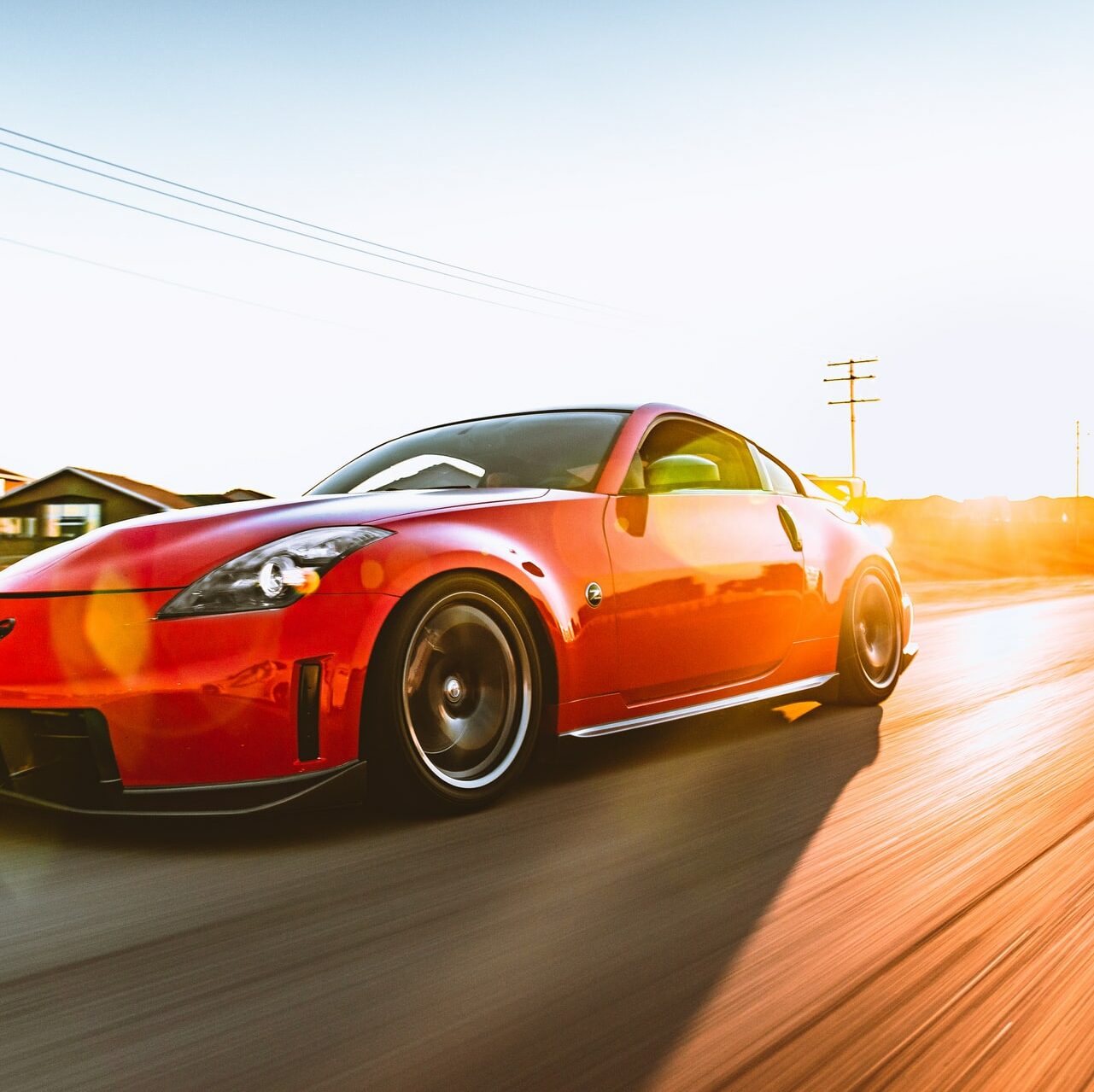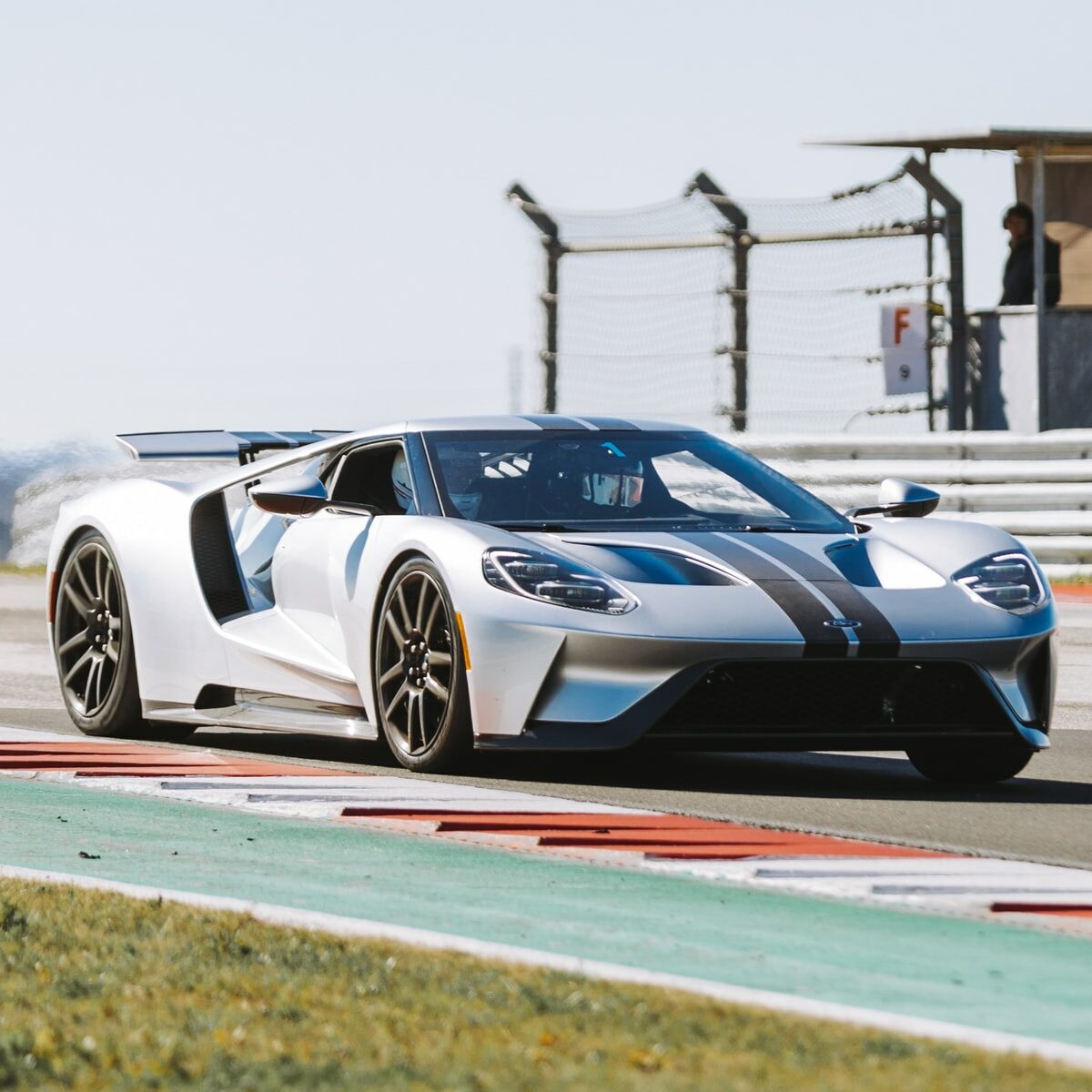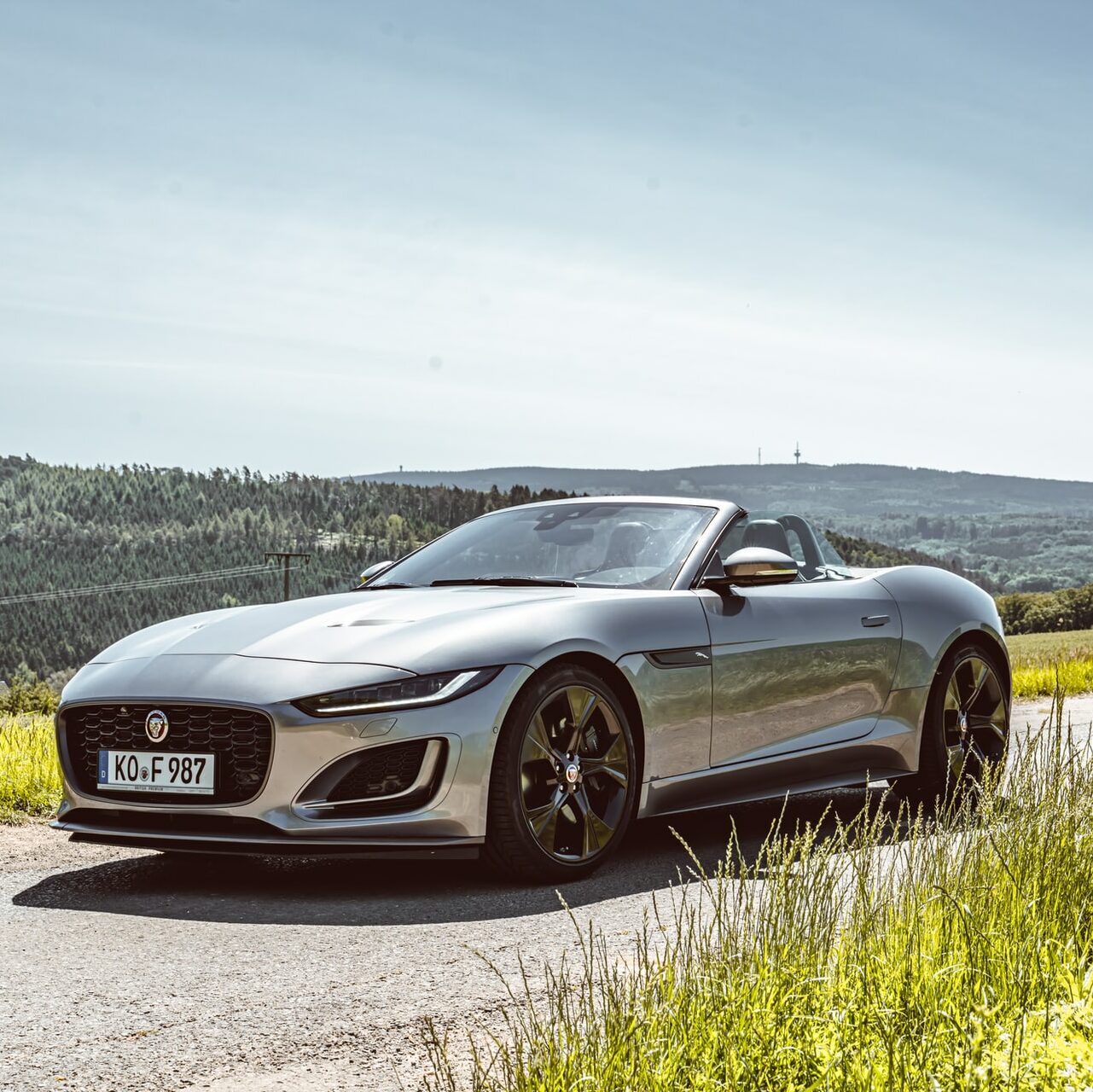We’ve all been there. You’re thinking about your next car purchase and debating between a practical, family SUV and a fun sports car that you have always lusted after, but told yourself that it was not the right time to get.
What if we told you that the impractical sports car may actually be the prudent choice in some circumstances? In fact, we think that a sports car may turn out to be even more practical and economical than a SUV in certain cases if you plan well.
Of course, this plan may only work for certain families. You’ll definitely need a 7 or 8 passenger family hauler if you have more than 4 kids.
Also, depending on your family’s lifestyle, it may make more sense to get a spacious SUV or minivan that can carry a lot of cargo.
But, our argument is that you will rarely make use of all the space and utility of a SUV or minivan and that it may actually come out to be cheaper to get a sports car. You may also have more fun along the way.
Background and Assumptions
Let’s make some baseline assumptions about your life to make this experiment work. We are going to assume that you are middle aged (which is the right time for a mid-life crisis sports car) and married with 2 kids.
We will assume that your husband or wife has their own car, which is a regular sedan.
As for the potential cars in question, we need to make some choices. For the sports car, we need something fast, but also big enough to be semi-practical and reliable as well. So, no 2-seaters and no complicated German or British engineered brands.
Additionally, it should cost roughly the same amount as our example SUV to make it a fair comparison.
Therefore, we settled on a new Subaru BRZ Coupe. It is a true sports coupe, with a potent 2.4 liter boxer engine that churns out 228 horsepower to its rear wheels. It also has back seats, so it can fit up to 4 people.
As for the SUV, we need something that is popular and mainstream. So, we went with the Volkswagen Tiguan. It is a practical mid-size SUV that makes a lot of sense for most buyers.
Both vehicles can be had for around the $35,000 mark when optioned with the most popular equipment.
So, with this foundation, let’s see how they stack up financially.
BRZ Sports Car vs. Tiguan SUV
The major costs that we will break down are:
- Depreciation
- Insurance
- Maintenance & Repairs
- Gas
Depreciation
Even though they start at relatively the same price, the Tiguan is expected to lose a higher percentage of its value over the next 5 years, according to Edmunds True Cost to Own calculations.
The Tiguan is predicted to shed $18,000, which is over half its current value, while the BRZ is only expected to lose $12,000. That $6,000 difference may be chalked up to the fact of each vehicle’s future desirability.
The Tiguan is pretty much a commodity SUV that will need to stand out against other mid-size SUVs in the used market, while the BRZ is a pretty specific model that seemingly will always have its followers.
Insurance
Despite its sporty nature, the BRZ is only about $120-$150 more to insure per year than the Tiguan. That comes out to about only $10-$15 more per month.
Overall, the average monthly cost of the BRZ’s insurance should come out to about $82 per month, while the Tiguan’s is expected to be $70 per month.
Maintenance & Repairs
Since both cars are new, they would benefit from the factory warranty for the majority of mechanical issues that may arise. Additionally, maintenance costs should be pretty even, with the biggest costs centered around scheduled tune-ups and normal wear items like tires and brakes.
The 5 year cost for the BRZ comes out to about $4,300, or about $860 a year, while the Tiguan’s totals up to around $4,000, or $800 per year.
Gas
Despite its sporty nature and more powerful engine, the BRZ actually gets more or less the same mileage as the bigger Tiguan. Both average about 25 miles per gallon combined with city and highway driving, which means gas costs are going to be similar.
The Tiguan’s larger size hurts it in this case and shows that some sports cars are just as efficient as an SUV despite being optimized for higher performance.
Total
Overall, the BRZ is expected to cost its owners about $41,000 to own over the next 5 years, which is about $8,200 per year or $680 per month.
Meanwhile, the Tiguan should cost about $46,000 over 5 years, which comes to roughly $9,200 annually or $760 per month.
That means the BRZ can actually save you $1,000 per year while giving you some more thrills and excitement.
Intangibles – Sports Car vs. SUV
You must be thinking, “But, you’re not considering the practical aspects of getting an SUV. We need the extra space for hauling our kids, getting our groceries, going on vacation, and picking up large items from Home Depot.”
That may be true. But, we think that most folks overestimate the times that they need to utilize the space in their car and also underestimate how much space they actually need.
For example, bringing the kids around town can still be achieved in the family sedan or even with the BRZ since it has back seats.
The same goes for groceries. There is almost no weekly food haul that cannot fit it in the combination of the trunk and back seats of a BRZ.
What about family vacations or outdoor trips where you need to bring tons of gear? For that, we say to make use of rental cars or even car sharing platforms like Turo to rent a more spacious car for the few days or weeks that you need.
The whole point is that you can spend some extra money on car rentals or Ubers throughout the year and, as long as it comes out to less than $1,000 per year in this case, you would come out ahead.
If you take an annual one week vacation, you can rent an SUV for that time period for probably around $500 and still have $500 extra at the end of the year.
The costs can even come out even with these alternative approaches, but you get the joy and satisfaction of driving something you actually like rather than a pedestrian SUV.
Also, consider that the average car stays parked for 95% of its life. For all its extra utility and size, the Tiguan will still only be used for an average of roughly 1-2 hours a day, just like the BRZ would be.
Summary
In this specific example, we show you that it is possible to have your cake and eat it, too, car-wise. We know that this solution is not practical for every family, but we wanted to help you think outside the box and see what is possible if you don’t follow conventional norms for buying a car.
The bottom line is that you can find an efficient sports car that can cost the same or even less than an SUV or minivan to operate and use a combination of rental cars, car shares, and Ubers to fill in the gaps when you need more room.
By doing so, you would be able to enjoy the use of a sports car full-time while still having the utility available when needed through outside sources.



